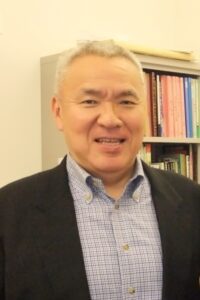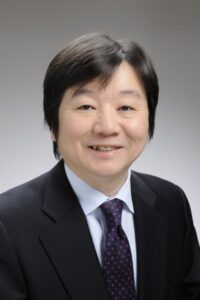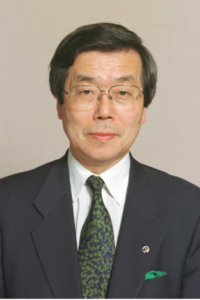
The issue of the right of collective self-defense is complex, however, and the media coverage of the matter is often unrealistic due to an overemphasis on its legal aspects. I assume that this makes it difficult for the general public to understand the pros and cons of exercising this right.The Cabinet of the Japanese government is expected to resolve changes to the nation’s constitutional interpretation in order to permit the exercise of the right of collective self-defense. Until I retired from the Japan Maritime Self-Defense Force (JMSDF) in 2008 as a commander of a Self-Defense Force fleet, I spent many years carrying ]]> ... [Read more]







